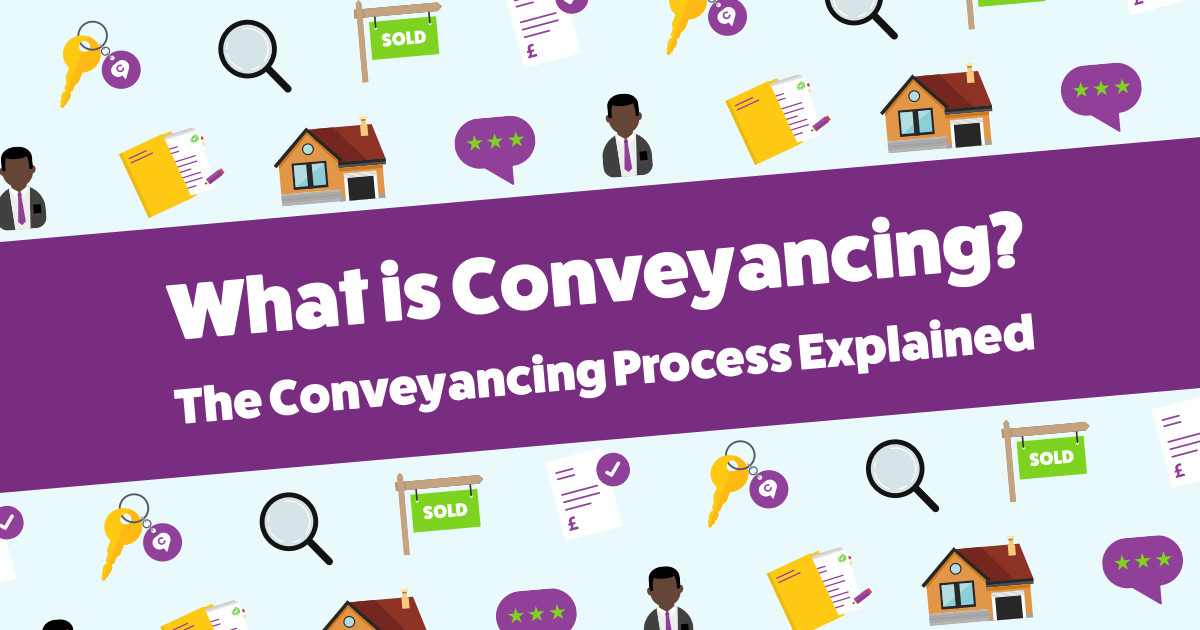This article will discuss the legal process of transferring ownership of property. This will include the costs and timescales involved. It will also address the issues that you need to be aware of. This guide is free and will help you understand the process.
There are costs involved
There are two main categories of costs associated with property conveyancing melbourne: the basic fees and the conveyancer’s fees. The type of transaction and the firm’s location will affect the basic fees. Conveyancer searches are a cost that checks for everything from drainage problems to bankruptcies. Transfer fees and other costs may be additional.
Another aspect of conveyancing costs is the legal fees. These vary depending on where you live and what type of transaction. They cover different legal aspects of the transaction, including property searches, notary fees, and document reviews and filing. Conveyances that involve the sale of a house need to include a title search as well as a new deed.
The average cost of conveyancing is around PS1,419, which is about PS350 plus VAT. A decent conveyancing service can be reasonably priced for PS1,000-PS1,500, but it is important to note that a high-quality service will cost you PS2,000 or more. The cost of a conveyancing service also depends on the type of client it is attempting to serve. A well-run conveyancing company should be able to clearly define the types of clients it expects and allocate resources accordingly. In addition, some firms use a personalized quotation tool to provide potential clients with an estimate of the likely costs involved in their case.
A detailed quote should provide details of the services provided and the disbursements that are included in the fees. Compare different quotes from multiple conveyancers to get the best value for money. You can then select the best conveyancer based on your budget, the complexity of the transaction, and your own knowledge of the law. Conveyancing can be one of the most important financial decisions in your life. It is crucial to choose the right firm.
Additional fees such as insurance may be added to the costs of conveyancing. If you are buying a leasehold property, for example, you may need to obtain a leasehold information pack from the freeholder or managing agent. These documents contain important information about ground rent and service fees, as well information about any major works that may be required to maintain the building. A copy of the last three years’ accounts will also be required. These additional costs might not be included in online conveyancing quotations.
Timescales involved
There are many factors that can affect the timeframes for conveyancing. The process of buying or selling a house may take between 6 and 12 weeks depending on many factors, including legal, financial, and social factors. Parties to a conveyancing transaction have no legal obligation not to complete the transaction within that time frame.
You can often negotiate a shorter timeframe with your conveyancer if you are in a hurry. Rushing the process can lead to delays and other mistakes. It is important to allow enough time for everything to go smoothly. In this way, you can avoid any unforeseen issues during the process. Here are some timescales involved in conveyancing: before a sale, the seller must arrange a valuation and survey. For the valuation, you should use a RICS surveyor. If you’re buying a new property, you may also want to get a homebuyer’s survey.
When instructing a conveyancer, the process typically takes around eight to twelve weeks. This can vary depending on market conditions, the number of parties involved and the length of your property chain. For example, a sale with a long chain can take as much as six months, while one with a short chain can be completed in as little as one month. In either case, instructing your surveyor early can save you both time and money.
Once you have chosen your conveyancing solicitor, you can then start the legal process. This process includes the completion of your mortgage application, and any necessary searches. It may take several weeks to complete the mortgage application and valuation of the property. During this time, Jane Meldrum will review the timescales involved in your transaction.
There are many factors that could cause delays in the conveyancing process. A delay in one area could result in the entire transaction being delayed. Local authority searches and mortgage offers can also add to the overall time required to complete the process. A house sale generally takes less time than a complicated commercial transaction.
Things to be aware of
Conveyancing is not without its challenges. These problems can be caused either by poor communication or delays by other parties. The conveyancing process can be slow and costly if there are delays. Ideally, a conveyancer should be able to keep an eye on the progress of the process and inform you as soon as something goes wrong.
A common issue that can delay the transaction is incomplete or missing paperwork. Although sellers cannot control the actions of other parties, they can take steps so that all documents are available. Responding to emails from your solicitor and filling out all legal forms correctly can help keep the transaction moving along.
Another thing to watch out for when you are doing conveyancing is the disclosure information about the property. An experienced conveyancer will be able to spot issues such as potential subsidence. An experienced conveyancer will recommend insurance or help to resolve the issue. Keep in mind, however, that not all problems are covered by insurance.
Conveyancing can be a complicated process. There are many complications, and convoluted chains can cause problems that can delay a sale. A good conveyancer will keep you informed of any delays and work hard to get them resolved as quickly as possible. A good conveyancer will conduct a thorough inspection of the property and verify any safety certificates. To avoid any surprises, keep copies of all certificates.
If you have concerns about your conveyancer’s work, you can also complain to The Legal Ombudsman. The Legal Ombudsman was established to investigate complaints about licensed conveyancers or solicitors. A good conveyancer should have a solid complaint procedure in place.
If you are in a sale where the seller has already carried out alterations and extensions to the property, they should provide documentation to show that these changes have been made. The documentation should include stamped plans, a building warrant and a completion certificate. If there is no such documentation, you should ask the surveyor to check these details.



